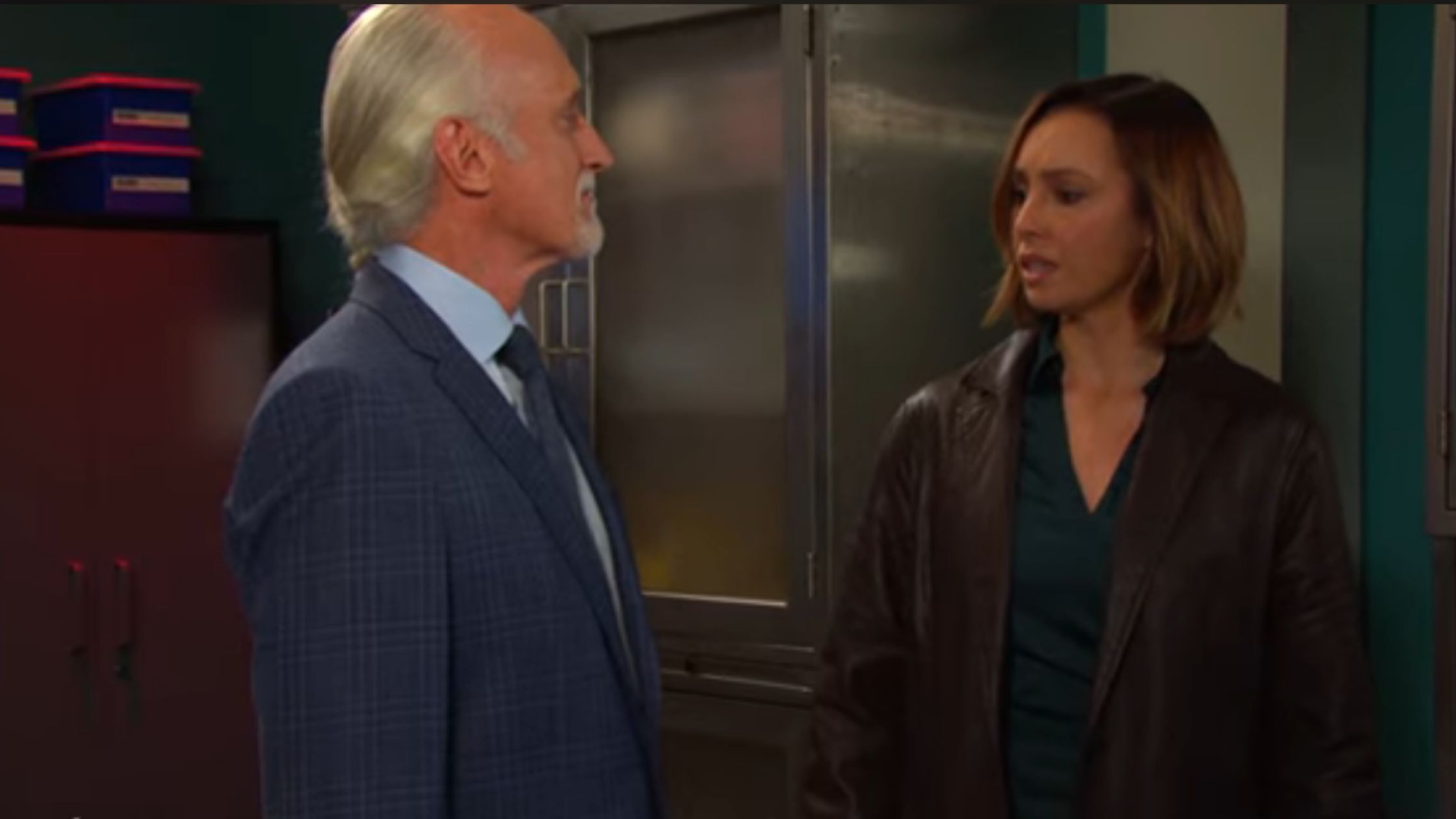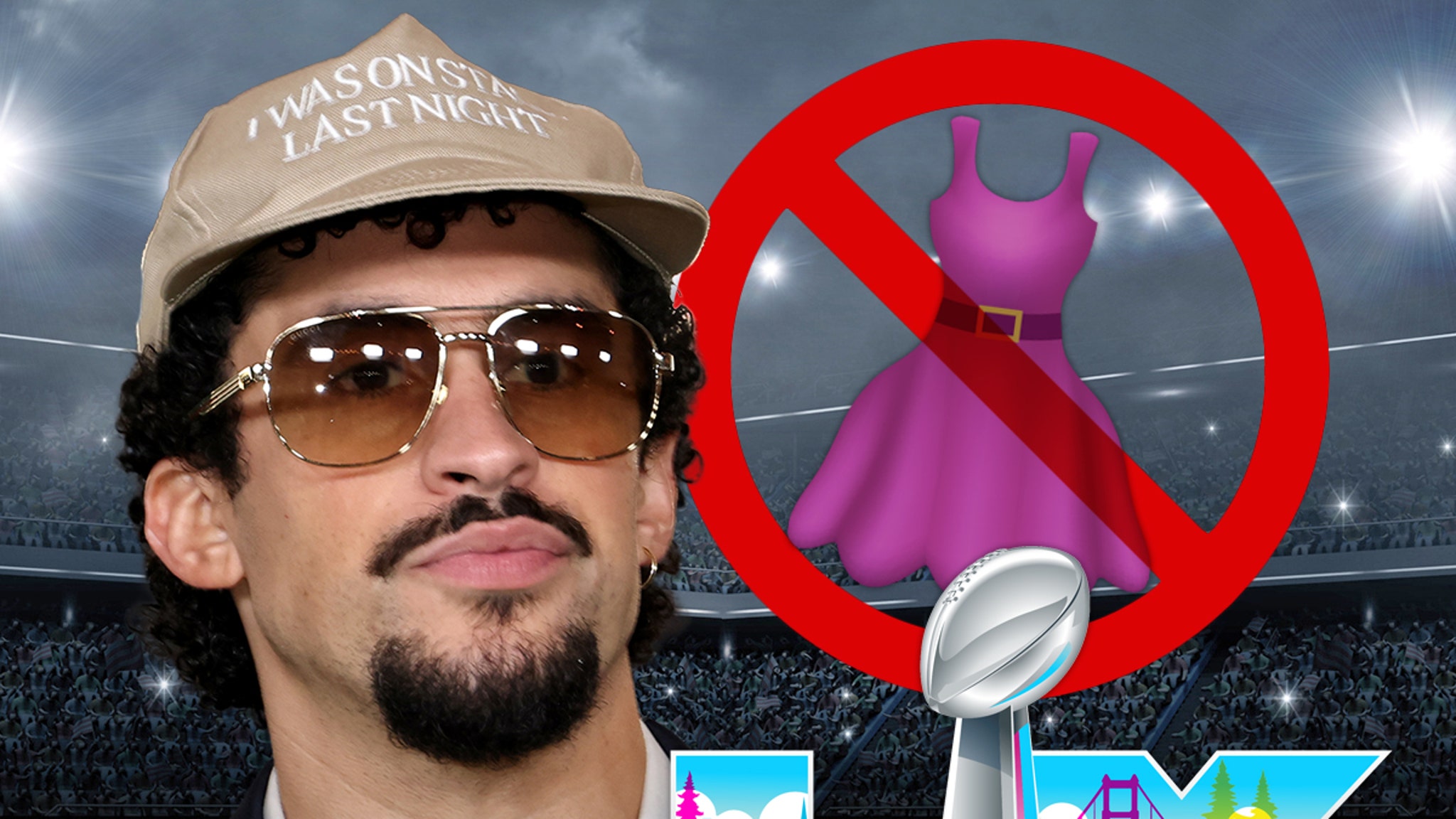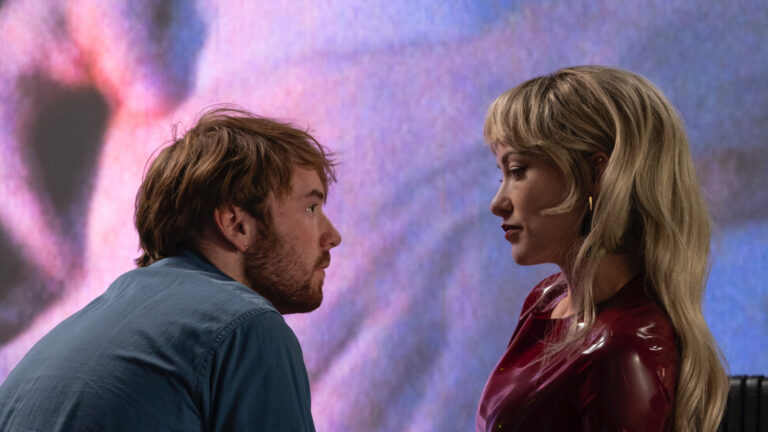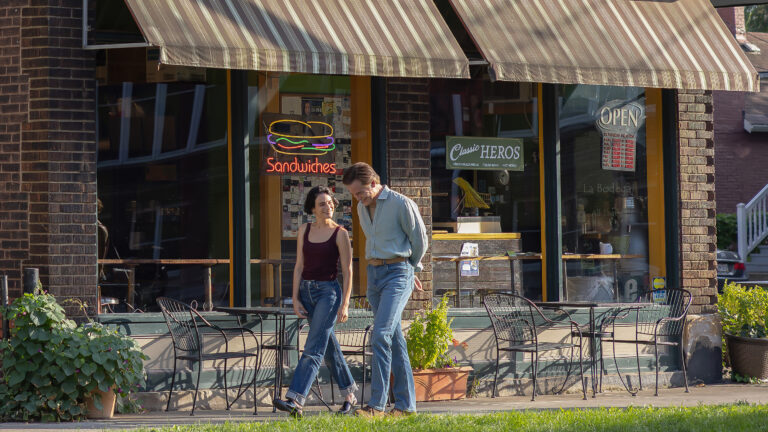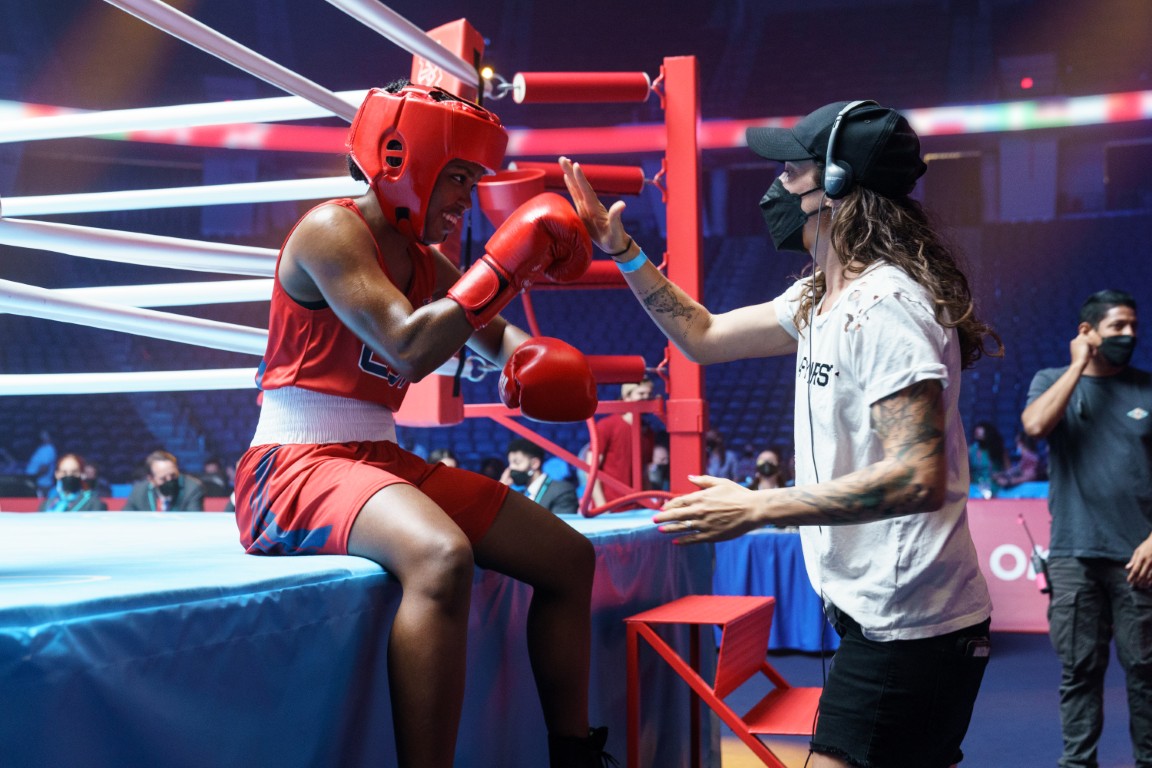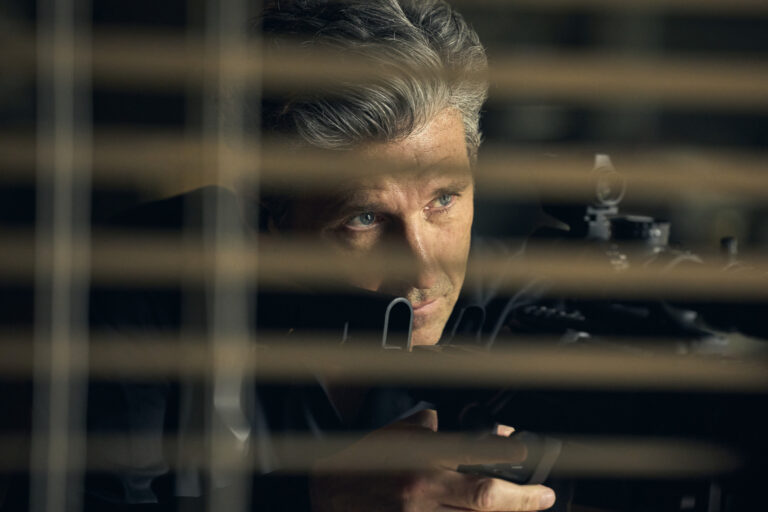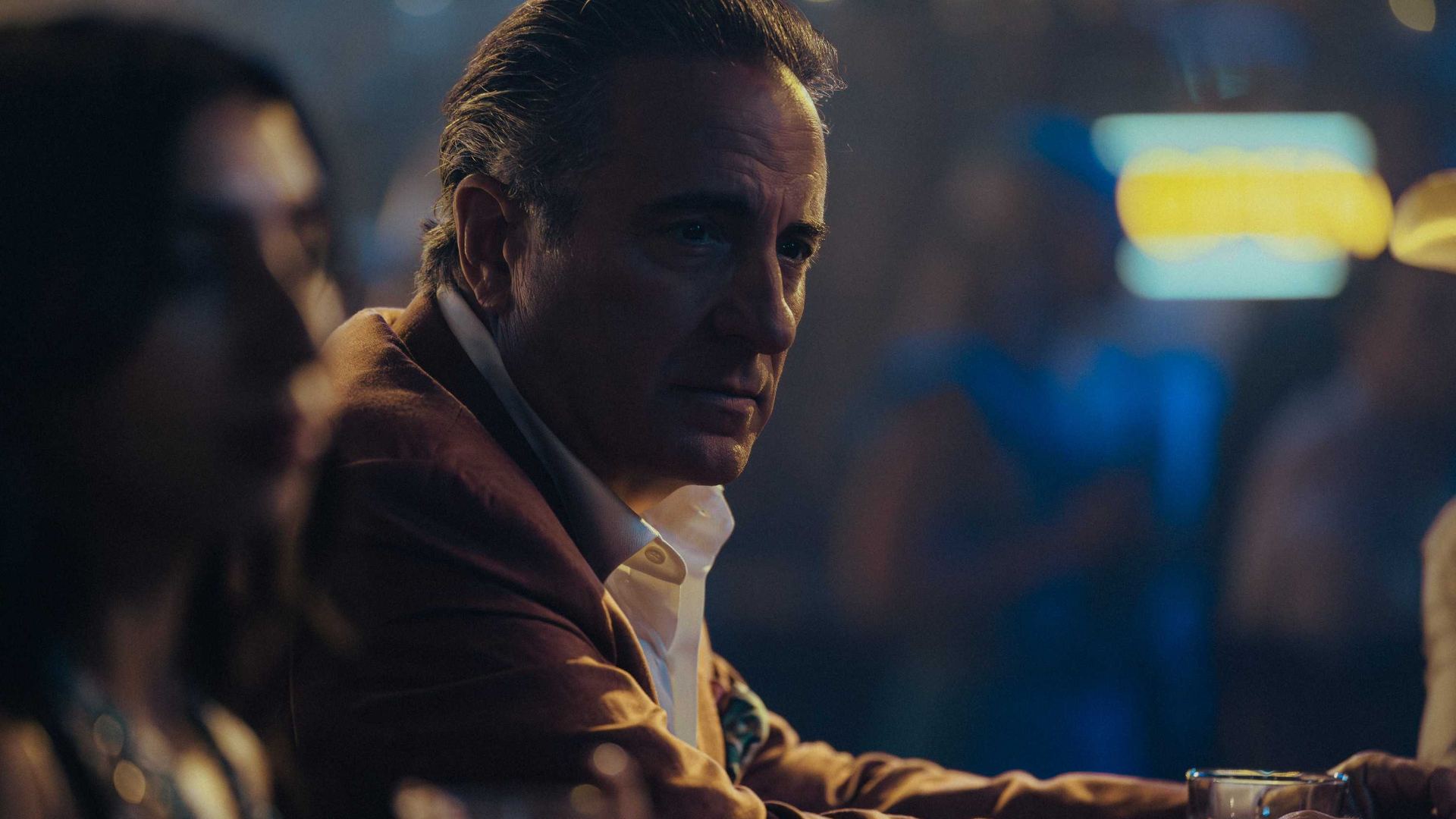Despite its critical love and comedy scene reception, “Party Down” never found an audience, leading to an early cancellation. Several cast members, including Lynch and Scott, expanded their stardom through their roles in network comedies “Glee” and “Parks and Recreation,” respectively.
After 12 years, the majority of the original “Party Down” gang (excluding Caplan) returns to don their bowties and cater crazier events in a hilarious third season.
Jumping from the 2010s to the 2020s, the Party Down team is in new chapters of their lives. Many of them have moved on from the company. Failed actor Henry Pollard (Scott) is now a high school teacher. Egotistical actor Kyle Bradway (Hansen) finally got his big break as a movie star. Momager Lydia Dunfree (Mullally) finds success through her daughter’s (Liv Hewson, replacing Kaitlyn Dever) career, and spiritualist Constance Carmell (Lynch) is financially comfortable as a donor of the arts. Still tethered to Party Down is Ron Donald (Marino), who sets his delusional ambitions of grandeur to buy the catering company high, all while managing a younger staff … and jaded failed hard sci-fi writer Roman DeBeers (Starr). At a celebration party for actor Kyle Bradway, the gang reunites. Alas, the events of that fateful event shift the course for many of the gang to eventually return to the catering company in some form. Some of the event spaces Ron and his Party Down team take their business to include an actor’s (James Marsden) birthday party, a luau for Sting fans, and a fake prom, just to name a few.
In the five out of six episodes that were provided and screened, “Party Down” retains its signature single-set-per-episode formula with its same sharp wit in a surreal contemporary lens. Co-creator and showrunner John Enbom and his writers take full advantage of the surrealness of the current American landscape involving post-pandemic economic issues, cancel culture, and nationalist groups, and organically integrate them into the scene in “Party Down” ‘s endlessly unpredictable fashion.
The writers naturally find ways of applying previous events as the jumping-off point for several players settling into the 2020s. The most significant example is Scott’s Henry Pollard, who takes Party Down back as an additional gig outside his teaching duties to pay for an urgent matter. Other characters face major career regressions that reflect the fragility of Hollywood culture. Though most of the characters have hit their forties or even fifties, the petty comical banter, and career-obsessed pissing-contested drivel that made the kinetic energy function remain timely. Despite marketing misleading viewers to assume that every returning character was going to return to the titular company under Ron’s wing, the writers graciously allow the entire original cast to return to new positions and life chapters aligned to their character’s careers. A few other notable members who do not have to wear the pink bowtie are Lydia and Constance who pop in as socialites in most but not all episodes.
Thankfully, for a show that has suffered from dated and forced racial humor like a lot of its ’00s colleagues, the producers and writers induct much-needed diversity in Lucy (Zoë Chao)—a passionate culinary artist with shady business contacts—and Saxon (Tyrel Jackson Williams)—an inept influencer wannabe without a personality to save his life. Both newcomers respectively stand out as individuals who fit into the show’s quirky cast. Both share fantastic chemistry with the veteran cast and let loose on delivering great charismatic comedy. Williams stands out in the latter episodes with his feats of gut-busting, unexpected physical comedy.
You can view the original article HERE.


